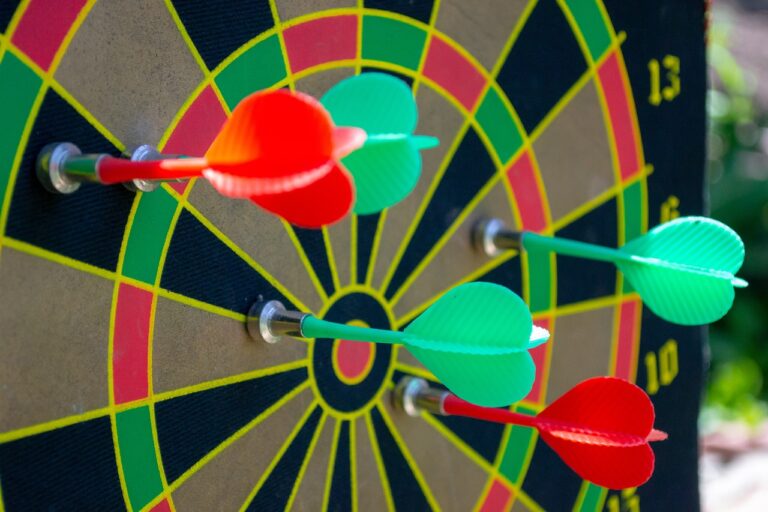Cricket Nutrition and the Benefits of Emotional Intelligence Training: Tiger exchange, Golden77, Sky 99 exch id
tiger exchange, golden77, sky 99 exch id: Cricket Nutrition and the Benefits of Emotional Intelligence Training
Cricket is a sport that requires mental and physical strength, agility, and focus. To perform at their best, cricket players must pay attention not only to their physical training but also to their nutrition and emotional well-being. In this article, we will discuss the impact of proper nutrition on cricket performance and the benefits of emotional intelligence training for cricket players.
Nutrition plays a crucial role in the performance and recovery of cricket players. Eating a balanced diet rich in carbohydrates, proteins, healthy fats, vitamins, and minerals is essential for maintaining energy levels, building muscle, and promoting overall health. Cricketers need a high amount of energy to sustain long matches and strenuous training sessions, making it vital to fuel their bodies with the right nutrients.
Proper hydration is also key for cricket players, as dehydration can lead to decreased performance, fatigue, and even injury. Drinking plenty of water before, during, and after matches is necessary to maintain optimal physical and mental function on the field. Electrolyte-rich drinks can also help replenish lost fluids and minerals during intense physical activity.
In addition to physical nourishment, emotional well-being is equally important for cricket players. Emotional intelligence, which involves the ability to recognize and manage one’s own emotions and the emotions of others, can have a significant impact on performance and team dynamics. By developing emotional intelligence skills, cricket players can better handle pressure, communicate effectively with teammates, and bounce back from setbacks.
Benefits of Emotional Intelligence Training for Cricket Players:
1. Improved Communication: Emotional intelligence training helps players communicate effectively with coaches, teammates, and opponents, leading to better teamwork and understanding on the field.
2. Stress Management: Cricket matches can be high-pressure situations, and emotional intelligence training can help players stay calm and focused under stress.
3. Conflict Resolution: Emotionally intelligent players are better equipped to resolve conflicts and disagreements within the team, leading to a more harmonious and cohesive environment.
4. Decision Making: Emotional intelligence training can enhance a player’s ability to make quick and effective decisions on the field, such as determining when to take risks or when to play it safe.
5. Resilience: Emotional intelligence skills can help players bounce back from failures and setbacks, allowing them to learn and grow from their experiences.
6. Motivation: Players with high emotional intelligence are more likely to stay motivated and committed to their training, leading to improved performance and results on the field.
In conclusion, nutrition and emotional intelligence training are essential components of cricket performance and success. By paying attention to their dietary needs and emotional well-being, cricket players can enhance their physical and mental capabilities, leading to improved performance on the field.
FAQs:
Q: What are some examples of emotional intelligence exercises for cricket players?
A: Some examples of emotional intelligence exercises for cricket players include mindfulness meditation, journaling about emotional experiences, practicing active listening with teammates, and participating in team-building activities.
Q: How can nutrition impact a player’s performance during a cricket match?
A: Nutrition plays a key role in providing the energy and nutrients needed for cricket players to perform at their best. Eating a balanced diet and staying hydrated can help players maintain stamina, focus, and endurance during matches.
Q: How often should cricket players focus on emotional intelligence training?
A: Cricket players should aim to incorporate emotional intelligence training into their regular routine, such as through workshops, coaching sessions, or self-reflection exercises. Consistent practice is key to developing emotional intelligence skills over time.







